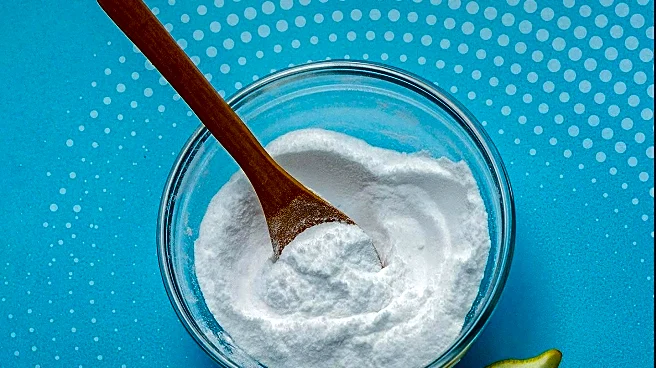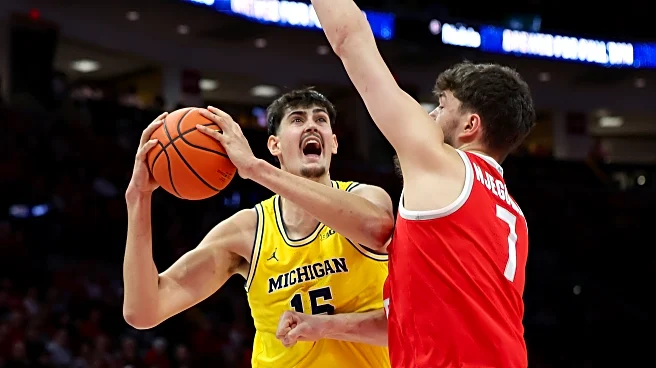What's Happening?
A 60-year-old man was hospitalized after following diet advice from ChatGPT, replacing table salt with sodium bromide. The man experienced hallucinations and paranoia, leading to a psychiatric hold. Physicians from the University of Washington published a report on the case, noting the dangers of using AI for health advice. Bromide toxicity, once common in the early 1900s, has re-emerged due to the availability of bromide-containing substances online. OpenAI, the creator of ChatGPT, states that its AI should not be used for treating health conditions and encourages users to seek professional guidance.
Why It's Important?
The case highlights the potential risks of relying on AI for health advice without professional consultation. AI tools like ChatGPT can provide information but lack the ability to offer personalized medical guidance, which can lead to harmful outcomes. As AI becomes more prevalent, ensuring its safe use in sensitive areas like health is crucial to prevent similar incidents. This case serves as a reminder of the importance of consulting healthcare professionals for medical advice.
What's Next?
OpenAI is working on reducing risks associated with AI use in health contexts and training its systems to encourage users to seek professional guidance. This incident may lead to increased scrutiny and regulation of AI tools in healthcare, emphasizing the need for safe and responsible use.











